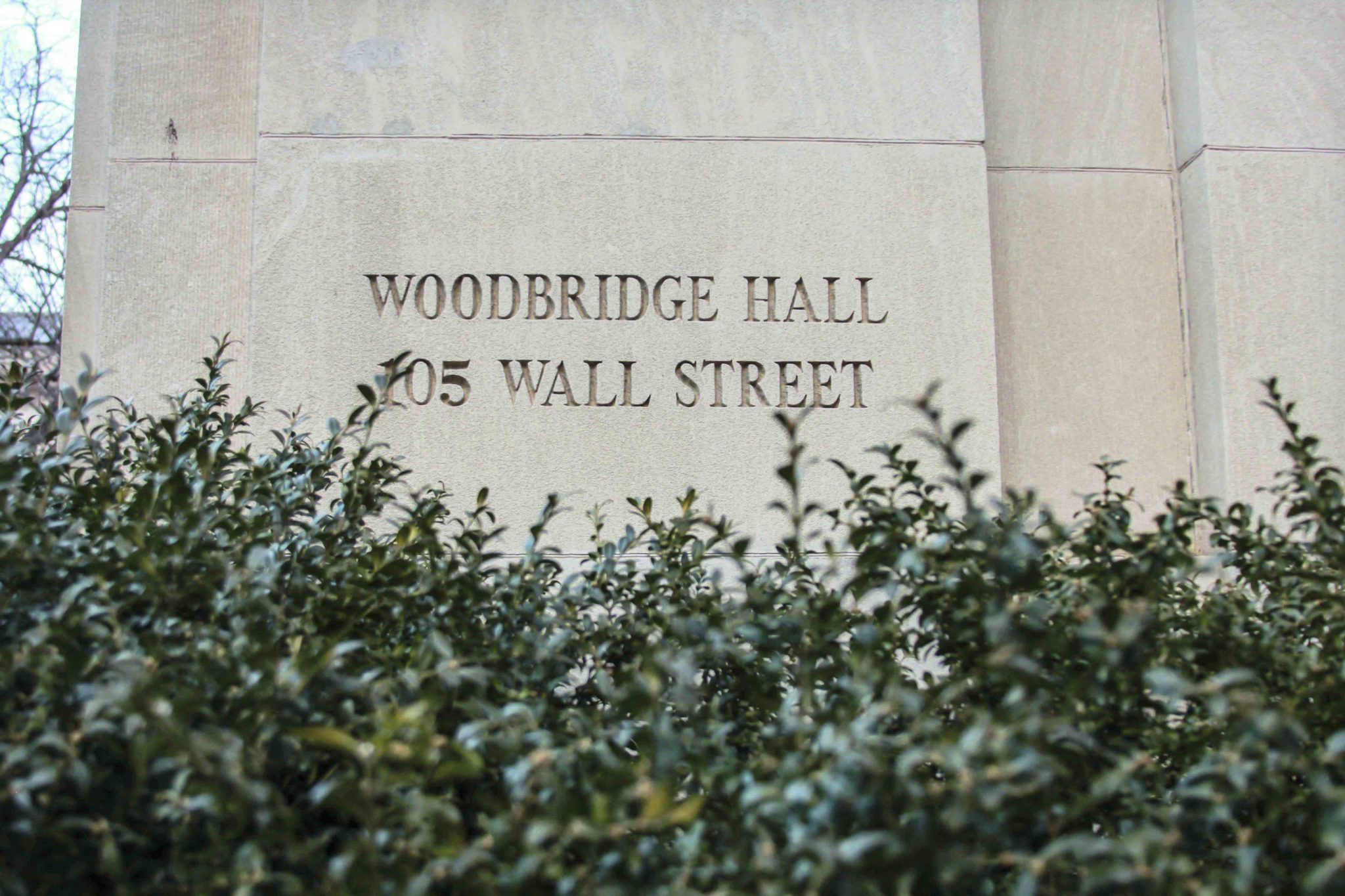
This spring, the Yale Corporation will choose a new senior fellow to replace Donna Dubinsky ’77, who will conclude her second six-year term on June 30, after two years at the helm of the University’s governing body.
Once chosen, the next senior fellow will serve as the Corporation’s liaison to University President Peter Salovey, as he refines the University’s academic objectives and prepares for an upcoming capital campaign.
According to University protocols on “Board Roles & Selection Processes,” the Corporation’s senior fellow is chosen by the president in consultation with the trustees. In an interview with the News last week, Salovey said he plans to allow the trustees to lead the process.
“The selection of the senior fellow is led by the trustees themselves,” Salovey said. “It’s something I know that they’re going to work on as we get farther into spring. You definitely want someone who’s had a lot of experience with the trustees.”
Sam Chauncey ’57, a former University secretary, said that historically Yale presidents have been very involved in the selection of the senior fellow, as well as successor and alumni fellows.
The senior fellow chairs both the trusteeship committee, which identifies candidates to serve as successor trustees and suggests candidates for alumni trustee positions, and the committee on compensation, which recommends the University president’s annual salary.
As senior fellow, Dubinsky led the Corporation through the end of a tumultuous back-and-forth over whether to rename Calhoun College, named for class of 1804 graduate and vocal slavery advocate John C. Calhoun. Ultimately, the trustees voted to rename the residential college last February in honor of Grace Murray Hopper GRD ’34. Under Dubinsky, the Corporation also introduced a set of transparency initiatives designed to make the board more accessible last March.
In an interview with the News, Dubinsky noted that the role of the senior fellow has shifted over the course of Yale’s history. Before former University President Richard Levin’s time, the trustee who had served on the board for the longest filled the position, which was purely honorific, Dubinsky said. But since then, she explained, the importance of the role has grown.
“It needs somebody who can spend more time, who’s willing to be available to the president,” Dubinsky said. “It’s not just ceremonial anymore.”
Indeed, before Salovey’s tenure, the University president was the only official who spoke for the Corporation, Chauncey said. Now, the senior fellow speaks often with the News. In the past, the senior fellow had only one formal role, which was to serve as chair of the board if the president could not attend a meeting. Informally, the president would call the senior fellow if he had time to call only one board member with news or to request feedback, Chauncey said.
According to Dubinsky, the Corporation typically selects as senior fellow a trustee with between two and five years left in their tenure. Of the Corporation’s 17 members, only four have between two and five years left: Charles W. Goodyear ’80, Paul Lewis Joskow GRD ’72, Emmett John Rice ’88 and Douglas Alexander Warner ’68.
In his previous seven years on the Corporation, Goodyear served as a member of the Yale Tomorrow Campaign Committee — along with current trustee Kevin Ryan ’85 — and currently serves on the president’s Council on International Activities and the Jackson Institute advisory board. He currently chairs the Buildings & Grounds Committee and the Development & Alumni Affairs Committee. The expansion of the scope of the Jackson Institute — and potentially its transformation into a fully fledged school of public policy — could be among the main priorities of Yale’s next capital campaign.
Warner, who was a nontrustee member of two Corporation committees before he was appointed in 2008, did not comment when asked whether he would consider being the senior trustee. Warner has chaired the Investments Committee for about 10 years.
Joskow, a professor at MIT and former president of the Alfred P. Sloan Foundation, served on the University Council from 1988 to 2008, during which he was its president from 1994 to 2006. Joskow, who was awarded the Yale Medal in 2005, is approaching his last two years on the Corporation and currently chairs the Institutional Policies Committee.
Rice, founder and CEO of Management Leadership for Tomorrow, has served on the University Council and the Corporation since 2011.
The Yale Corporation has 17 regular members and two ex-officio members.
Hailey Fuchs | hailey.fuchs@yale.edu







